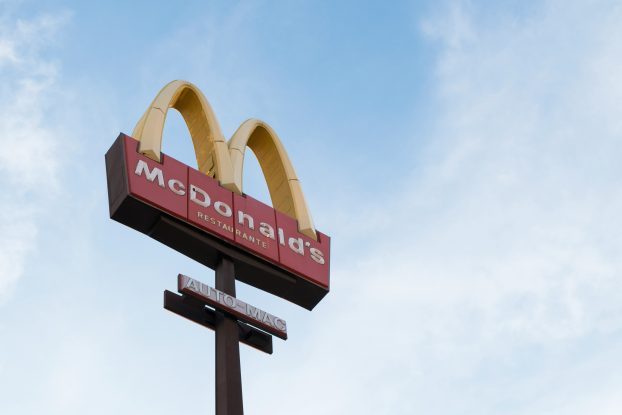
Maple Leaf Foods is anticipating mid-to-high single digit 2022 sales growth in meat, but says that it will “deliver neutral or better” adjusted EBITDA for plant-based options in the latter half of 2023.
Today, the company reported its Q2 numbers ending June 30, with president and CEO Michael McCain noting that it’s in “full motion executing our transition to a different business model,” for plant-based. This, he says, includes materially reducing the size of the organization. He added that Maple Leaf expects to achieve its marketing spend targets by the end of this year, and a “right sizing of the manufacturing footprint in the first half of 2023.”
The company, which manufactures its eponymous brands, as well as Schneider’s, Greenfield, Field Roast, Lightlife and Halal brand Mina, is reporting total company sales grew 3.1% to $1.195 billion.
Net loss for the second quarter of 2022 was $54.6 million compared to earnings of $8.8 million in 2021. The net loss was incurred thanks to inflation and labour challenges, as well as higher restructuring costs and start-up expenses.
Meat Protein Group
For its Meat Protein Group, marketing spend compared with the same period in 2021 was up with Selling, SG&A costs moving from $81.2 million to $87.3 million.
Meat sales grew 3.8% year over year to $1.16 billion. Sales growth was driven by pricing action to mitigate inflation and a favourable mix-shift in product sales, including growth in sustainable meats and branded products, partially offset by lower sales volume.
In today’s earnings call, McCain says that brand development and branded product market share, expansion into U.S., and sustainability, have served it well in meat.
Plant Protein Group
By contrast, Maple Leaf Foods’ Plant Protein Group saw a Q2 sales slump of 15.1% to $40.8 million year-over-year. In contrast to the meat portfolio, SG&A costs for the plant protein group dipped from $29.8 million to $26.3 million.
In plants, the company recorded an $18.6 million restructuring charge and took steps to rightsize its SG&A spend as part of the journey towards adjusted EBITDA neutrality in the second half of 2023.
It has decreased advertising and promotional spend to match category growth rates, and has already cut back spending at Greenleaf (the maker of Lightlife and Field Roast) by 25%.
According to McCain, for the plants side of its business, it is “dialing back our investment to reflect goal of profitable growth,” he says. It is moving into “sizing the shoe to fit a new foot.”
The company has faced three key obstacles to its core business: “people, pork and pricing.” Its absenteeism problem, with employees staying home due to sickness or preventative health measures, turned into a vacancy program quarter over quarter, with a “severe labour shortage in Canada.” It struggled to fill 10% of its workforce, McCain reports, incurring OT and staffing costs.
For pork, he says there was a “dramatic rise in feed costs,” particularly in Manitoba, and retractions in imports from China and a falling Japanese yen, a key market.
Finally, on pricing, McCain says Maple Leaf has the ability to properly price for inflation in its business but cannot do so “speculatively.”























